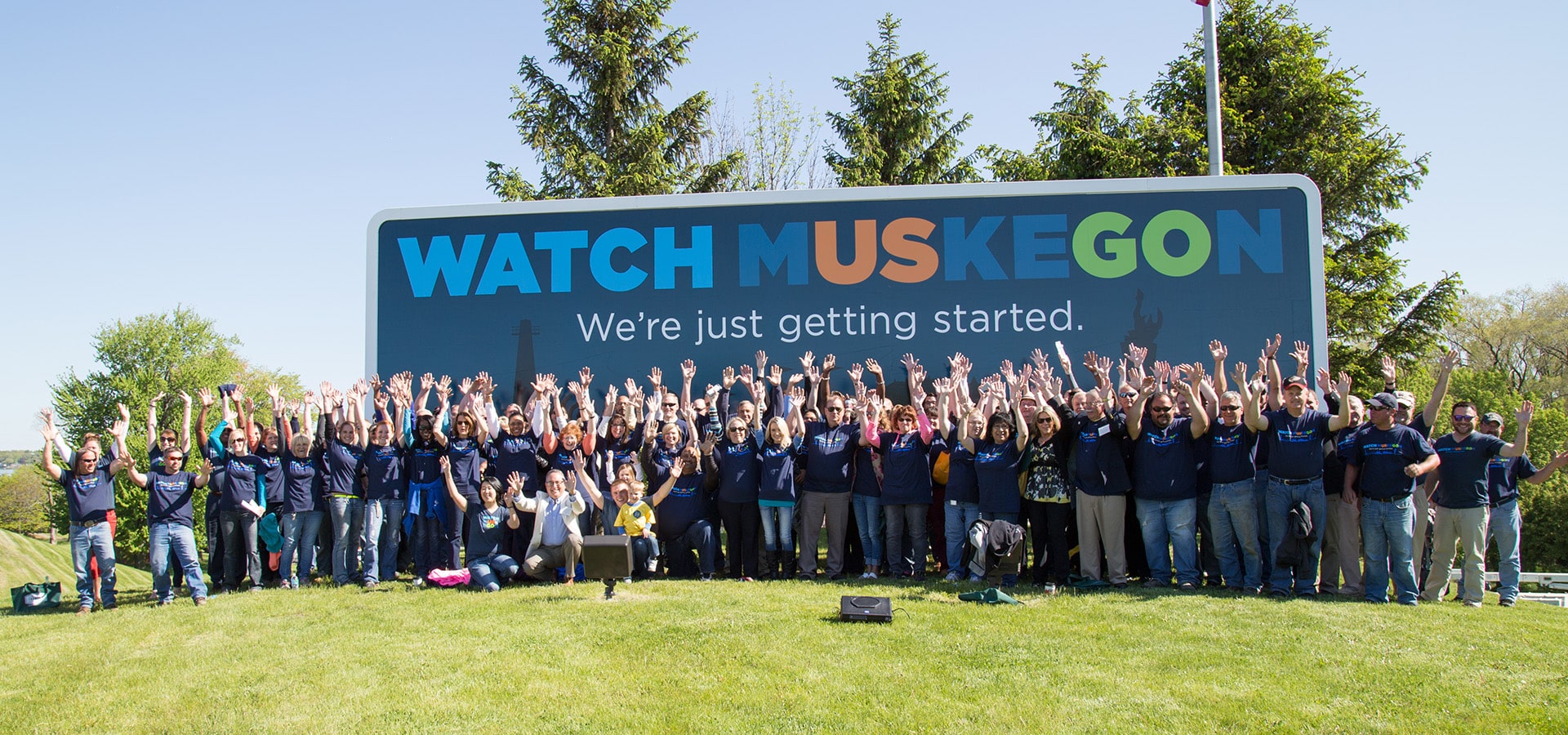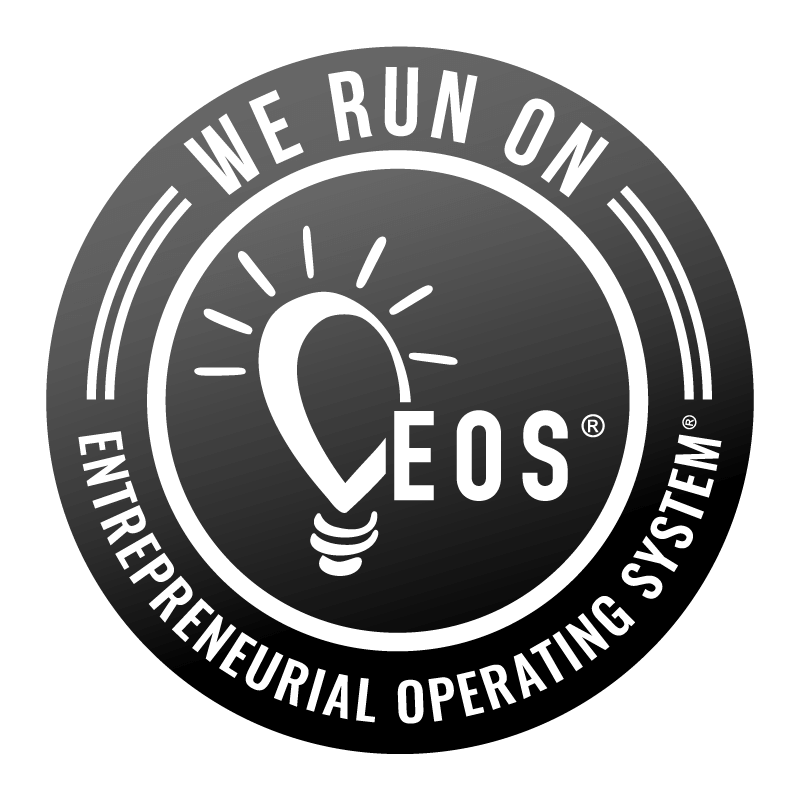Imagine watching a movie with no protagonist. No Luke Skywalker. No Katniss Everdeen. No Roy Hobbs. How would you know who to root for? Without a central character, a story lacks focus, making it hard to engage with or care about the outcome. The same applies to marketing—and particularly to employer branding.
Your Employer Value Proposition (EVP) is the hero of your employer brand story. It’s the reason people want to join your team and stay for the long haul. Like a great movie, an effective employer brand connects with its audience emotionally, making potential employees feel like they belong.
The question is: Is your company telling the right story?
What is an Employer Value Proposition?
At its core, an Employer Value Proposition (EVP) is the unique set of benefits an employee receives in return for their skills, experience, and effort. It defines the culture, mission, and values that differentiate your company from others. More than just salary and benefits, a well-crafted EVP answers the question: Why work here?
A strong EVP does three things:
- Attracts top talent – When job seekers resonate with your message, they’re more likely to apply.
- Improves retention – Employees who align with a company’s mission and values stick around longer.
- Boosts engagement – When employees feel connected to a larger purpose, they’re more productive and satisfied in their roles.
Your EVP is the foundation of your employer brand. When leveraged effectively, it becomes a storytelling tool that draws people in.
Employer Brand, Employer Value Proposition, and Unique Value Proposition
An employer brand is how your company is perceived in the job market—the overarching reputation and identity you have as an employer. On the other hand, an Employer Value Proposition (EVP) is the core promise you make to employees. It defines the culture, mission, and values that differentiate your company from others.
A Unique Value Proposition (UVP) is often confused with an EVP. While a UVP targets customers and describes what sets your company apart in the marketplace, an EVP speaks directly to current and prospective employees, answering the question: Why work here?
Here’s a breakdown of the difference between an EVP and UVP:
| Element | Employer Value Proposition (EVP) | Unique Value Proposition (UVP) |
| Audience | Employees & Job Seekers | Customers & Clients |
| Focus | Work culture, benefits, and values | Products, services, and differentiation |
| Purpose | Talent attraction and retention | Market positioning and sales |
Branding Your Culture
A strong EVP integrates seamlessly with your employer brand, showcasing how your workplace fosters growth, inclusion, and purpose. Your company culture isn’t just a buzzword—it’s a key marketing asset. Employees become brand ambassadors, reinforcing your brand identity through their experiences.
Here are three ways to effectively brand your culture:
- Showcase Your Culture to Attract Talent – Workplace culture should be your most powerful recruitment and retention tool. Make it visible, authentic, and engaging to prospective employees.
- Tell Human-Centered Stories – Craft narratives that inspire action, reflect your values, and highlight what makes your organization exceptional.
- Use Data to Guide Your Strategy – Combine qualitative insights with measurable results to refine and optimize your employer branding approach over time.
Why You Need an EVP for Talent Acquisition
A well-defined EVP doesn’t just sound good—it solves hiring challenges. In today’s competitive job market, candidates expect more than a paycheck. They seek meaningful work, opportunities for growth, and an employer that aligns with their values.
EVPs help combat:
- High turnover – Employees stay longer when they align with company culture.
- Talent shortages – A compelling EVP attracts the right candidates faster.
- Poor engagement – Employees connected to your mission are more productive and engaged.
For example, LinkedIn revamped its EVP by focusing on flexibility, growth, and impact, which increased retention and strengthened the employer brand.
Why Storytelling Matters in Your EVP Strategy
Simply listing job perks isn’t enough. A compelling EVP is rooted in storytelling—because stories make people feel something and, as an extension, are more easily remembered. In fact, according to Stanford’s research, people remember stories 22 times more than they remember facts.
Here is why stories work and should be part of any EVP strategy you build:
- They create an emotional connection – Candidates relate to real employee experiences.
- They’re memorable – A well-told story stays with candidates long after they’ve left your website.
- They build trust – Authentic storytelling makes your employer brand more relatable.
In a world where job seekers are bombarded with opportunities, the organizations that tell the most compelling stories will be the ones that will win in the war of talent acquisition and retention.
Where to Share Your EVP
A strong EVP should be woven into multiple touchpoints:
- Careers page – Make your EVP front and center.
- Social media – Share employee testimonials, behind-the-scenes content, and company culture stories.
- Job descriptions – Embed your EVP in job postings to attract the right candidates.
- Video content – Showcase authentic employee experiences.
- Recruitment events – Reinforce your EVP through employer branding campaigns.
By weaving your EVP into every stage of the candidate and employee experience, you create a compelling and consistent message that attracts, engages, and retains top talent.
How to Craft a Compelling EVP for Your Employer Brand
Creating a compelling EVP requires a deep understanding of your audience. Here’s how to get started:
- Know your target employees – Conduct surveys and focus groups to gather insights.
- Develop a clear message – Ensure your EVP is concise, compelling, and aligned with your mission.
- Use storytelling techniques – Showcase real employee experiences and testimonials.
- Stay authentic – Candidates value honesty over polished corporate speak.
Crafting Your Employer Brand with Revel
Building a strong employer brand requires an intentional strategy that aligns with your company’s mission and values. Here’s how we can help you to get started:
- Gather Insights from Employees: Use surveys and focus groups to uncover what makes your workplace unique and what employees value most.
- Develop Your EVP Framework and Messaging: Craft a message that resonates with candidates, reflects your culture, and sets expectations.
- Share Employee Stories and Testimonials: Highlight real experiences through written stories, videos, and social media content.
- Design a Compelling Careers Page and Social Media Strategy: Ensure your digital presence showcases your culture and speaks directly to potential hires.
- Launch Targeted Employer Branding Campaigns: Engage top talent through strategic recruitment marketing that amplifies your EVP.
Tell Your Story
Your employer brand is your most powerful recruitment tool, and your EVP is the heart of that story. Just like Luke Skywalker needed the Force, your company needs a strong EVP to stand out and win. If you’re ready to craft a compelling, data-backed EVP that attracts, engages, and retains top talent, let’s talk.








